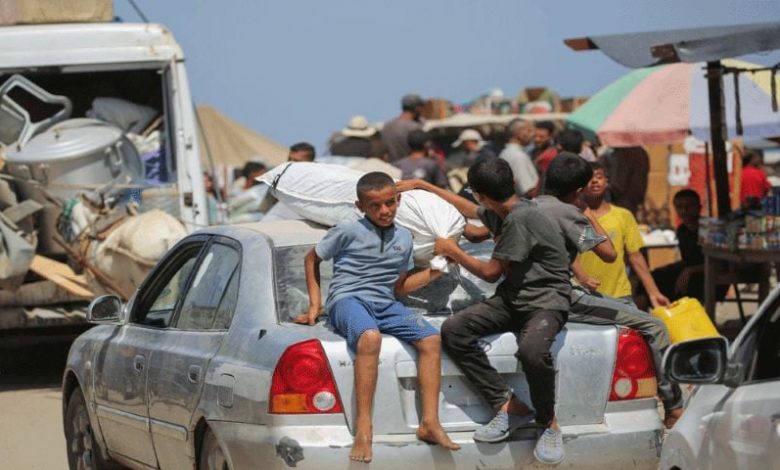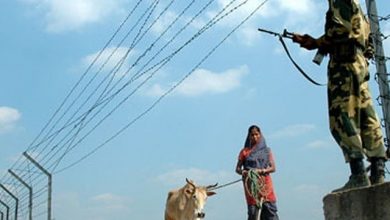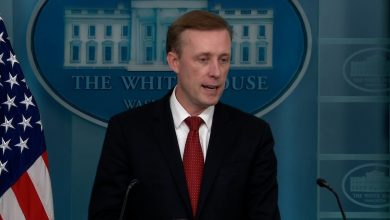Families flee Gaza after new Israeli evacuation orders as ceasefire hopes fade

Israel issued new evacuation orders for Deir Al-Balah in the central Gaza Strip late on Sunday, forcing more families to flee, saying its forces intended to act against Hamas and others operating in the area.
In recent days, Israel has issued several evacuation orders across Gaza, the most since the beginning of the 10-month war, prompting an outcry from Palestinians, the United Nations and relief officials over the reduction of humanitarian zones and the absence of safe areas.
The Deir Al-Balah municipality says Israeli evacuation orders have so far displaced 250,000 people.
In a statement posted on X, the Israeli military urged residents in certain zones to move immediately to the west, as the area they are in is “considered a dangerous combat zone”.
Israeli military strikes killed at least seven Palestinians on Monday, medics said. Two were killed in Deir Al-Balah, where around a million people were sheltering, two at a school in the Al-Nuseirat camp and three in the southern city of Rafah, near the border with Egypt.
Later on Monday, an Israeli strike on a tent on the coast in Gaza City killed six Palestinians and wounded several other people, medics told Reuters.
The new orders forced many families and patients to leave Al-Aqsa Hospital, the main medical facility in Deir Al-Balah, where hundreds of thousands of residents and displaced people had taken shelter, for fear of bombardments.
The hospital is close to the area covered by the evacuation notice.
Médecins Sans Frontières (MSF) said in a statement on X on Sunday night that an explosion approximately 250 meters (820 feet) away from the MSF-supported Al-Aqsa Hospital triggered panic.
“As a result, MSF is considering whether to suspend wound care for the time being, while trying to maintain life-saving treatment.”
Israel issues evacuation orders in southern Gaza, kills 16 Palestinians
From around 650 patients, only 100 remain in the hospital, with seven in the intensive care unit, it said, citing Gaza’s health ministry.
“This situation is unacceptable. Al Aqsa has been operating well beyond capacity for weeks due to the lack of alternatives for patients. All warring parties must respect the hospital, as well as patients’ access to medical care,” it added.
Gaza’s Ministry of Health called for the 100 patients inside the hospital, and the medical teams who had remained to care for them, to be protected.
In a separate statement, it said Israeli military strikes have killed at least 30 Palestinians and wounded 66 others across the enclave in the past 24 hours.
Diplomatic impasse
Sawasn Abu Afesh said she and her children had now been displaced 11 times.
“I left half of my children behind me near my furniture and I am now with my little ones and my daughter, only God can help us…I have no money for transportation I will go to area 17 where my family is staying on my foot. I took my kids and three are left behind. No idea where,” the woman said.
The escalation comes with little hope of an end in sight to the war as diplomacy by mediators, Qatar, Egypt, and the United States has so far failed to close the gap between Israel and Hamas, whose leaders traded blame over responsibility for the lack of accord.
Neither Hamas, nor Israel, agreed to several compromises presented by mediators at talks in Cairo on Sunday, two Egyptian security sources said.
A senior US official, however, described the talks as “constructive,” saying they were conducted in a spirit on all sides to reach “a final and implementable agreement.”
Hamas official Osama Hamdan said the group rejected new conditions made by Israel during the talks, which the group didn’t attend, and added that US comments over an imminent ceasefire deal were false and aimed to serve election purposes.
US President Joe Biden and his administration have faced growing protests in the US over aid for Israel ahead of November elections.
More than 40,400 Palestinians have been killed in the war, according to Gaza’s health ministry. The crowded enclave has been laid to waste and most of its 2.3 million people have been displaced multiple times and face acute shortages of food and medicine, humanitarian agencies say.





